I am experimenting with Drupal 8 as our customer websites. Our customers authenticate through our own authentication application at the moment which speaks to our document store (instead of MySQL) to authenticate a user and provide them with a unique session ID (JWT eventually but that's another day and conversation) which we can use to then query a REST API and get user data in any of our other self apps.
We are moving over from an old JSP based websites to drupal as our apps are now written in Symfony 3 but want our customer websites to be Drupal 8.
Here's the bit I am trying to work out. If I authenticate in our old website I want to be able to redirect to the Drupal 8 website with the session ID we have in our hand and use that to fetch a object back of our logged in user. I have this bit working fine but I now am in a position to say... Ok I have the user object back, the 3rd party service has said that session ID is valid so we know we are authenticated.
Please refer to the below flow chart. I want to be able to also authenticate in Drupal 8 manually. Is this possible (I am sure it is) and if so can someone point me in the right direction as to what I need/should be doing, API's I should be calling?
Thank you kindly and good day :)
